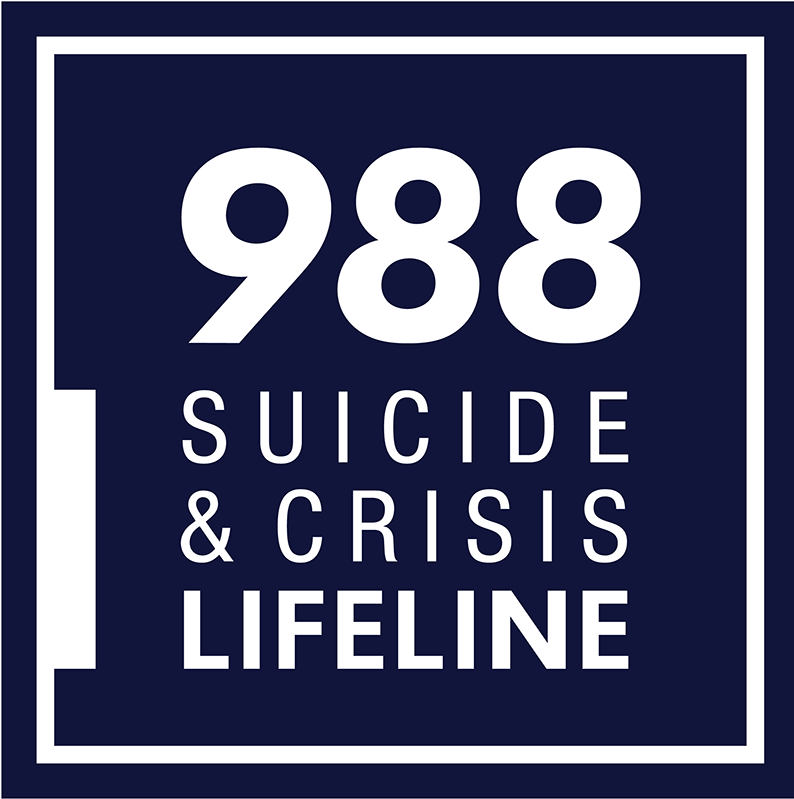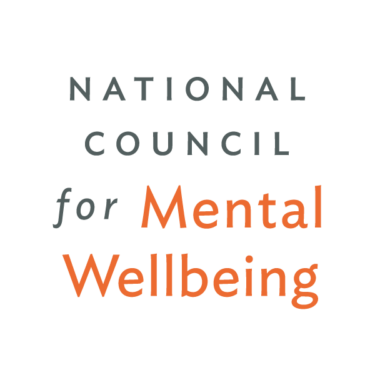WASHINGTON, DC (July 11, 2023) — National Council for Mental Wellbeing President and CEO Chuck Ingoglia today made the following statement on the impending one-year anniversary of the 988 Suicide & Crisis Lifeline, which became available on July 16, 2022.
“In just one year, the 988 Suicide and Crisis Lifeline has transformed access to mental health and substance use crisis services, successfully providing millions more people with timely, lifesaving care,” Ingoglia said. “Now we must build on that success by investing more resources to grow the mental health and substance use workforce — lives depend on it.
“We’ve seen incredible progress in one year thanks to the efforts of the people staffing the Lifeline, the hundreds of organizations nationwide connected to the Lifeline providing lifesaving mental health and substance use care, partners in the private sector and bipartisan allies in Congress. Wait times are down significantly and more people than ever before are reaching out for help and getting the care they need. Yet a lot of work remains to ensure that our crisis care system provides people in every community with not only someone to call, but someone to respond and somewhere to go.
“Further establishing the Certified Community Behavioral Health Clinic (CCBHC) model as a permanent part of our health care system will help fulfill the promise of 988. CCBHCs already serve as key crisis care partners, operating call lines and providing 24/7 access to robust, in-person and mobile crisis services to anyone no matter their financial situation. Perhaps most critically, their funding structure allows them to hire and retain more staff. Health professionals — whether online, over the phone or in person — should be the default responders to mental health crises. Cementing the CCBHC model’s permanence will help fill in the missing piece by ensuring people have access to comprehensive crisis services, when and where they need them.
“It took many years for 911’s infrastructure to become what it is today. With enough commitment to growing our crisis care infrastructure and the mental health and substance use care workforce, I know we can meet that standard and make 988 equally efficient and effective.”
Ensuring that 988 continues to meet the current overwhelming demand for service will require:
Bolstering the workforce. The mental health and substance use care workforce needs strong growth to match the increased demand for crisis services. Organizations that provide mental health and substance use treatment and care already have identified a crippling workforce shortage. More people are needed to match the dramatic increases in 988 calls, texts and chats. Congress must prioritize strategies to improve recruitment and retention of workers, not only at 988-affiliated contact centers but also at the organizations providing direct mental health and substance use care in the community. It’s also critically important that efforts to grow the workforce focus on increasing diversity within the field, to ensure 988 contact centers and care providers have multi-lingual capabilities.
Establishing CCBHCs in federal law. CCBHCs provide in-depth crisis services including same day access, mobile crisis response, crisis stabilization and post-crisis care. CCBHCs are a critical part of the crisis care system. Establishing CCBHCs in federal law will help ensure the program’s permanence, which will help grow the nation’s crisis care infrastructure needed to support 988. CCBHCs can partner with 988 call lines to offer wraparound services and offer people contacting 988 trained mental health professionals to respond in person, as well as a non-emergency room setting, when needed.
Securing sustainable funding through state legislation and continued federal investment. Following the model established by 911, states have the authority to fund 988 and crisis care in their communities through the passage of bills that authorize telecom companies to collect modest fees from all customers. Only six states have passed comprehensive laws to ensure sustained funding for 988, making the need for additional federal investment critical to ensure 988’s continued successful operations.
Increasing public awareness. Despite the increase in use over the past year, general public awareness of the 988 Suicide & Crisis Lifeline is relatively low. Increased efforts to promote the service, as well as expand the nation’s crisis care system, will help more people receive lifesaving care. Here is a list of helpful resources:
About The National Council
Founded in 1969, the National Council for Mental Wellbeing is a membership organization that drives policy and social change on behalf of over 3,400 mental health and substance use treatment organizations and the more than 10 million children, adults and families they serve. We advocate for policies to ensure equitable access to high-quality services. We build the capacity of mental health and substance use treatment organizations. And we promote greater understanding of mental wellbeing as a core component of comprehensive health and health care. Through our Mental Health First Aid (MHFA) program, we have trained more than 3 million people in the U.S. to identify, understand and respond to signs and symptoms of mental health and substance use challenges.
Media Contact
Sophia Majlessi
Media@TheNationalCouncil.org
202-621-1631




